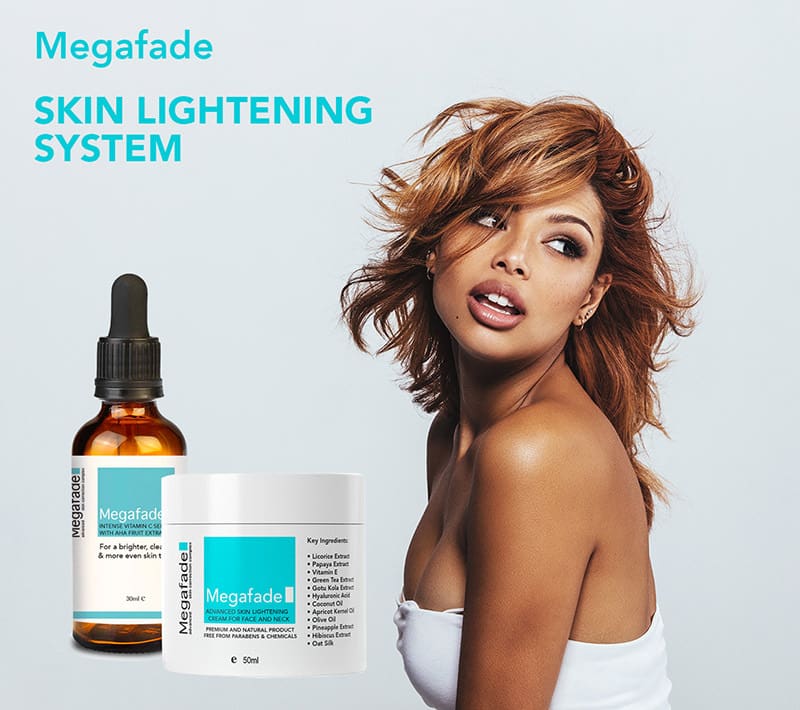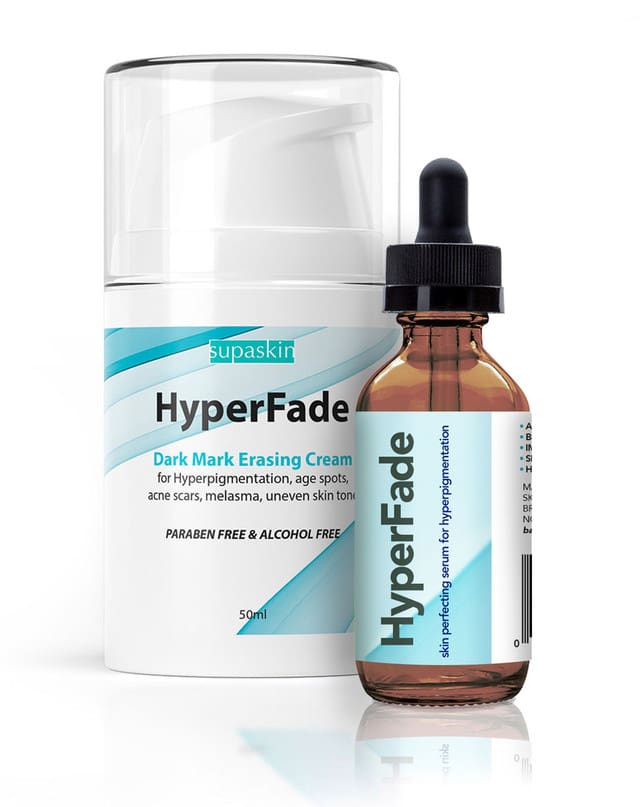
Treatment For Melasma
Melasma is a skin condition causing dark facial pigmentation, but effective treatments can boost confidence.
Melasma primarily affects the face, particularly the cheeks, forehead, upper lip, and nose. Although it is not a terminal or contagious skin condition, it can be frustrating and negatively impact your confidence. Moreover, the dark patches may make it difficult to go without makeup, as trying to cover them often worsens their appearance. However, finding an effective treatment for melasma can greatly improve these concerns.
Topical Treatments: Creams and Serums That Work
In this section, we will discuss the most effective topical agents for managing Melasma, including hydroquinone and tretinoin cream. These practical solutions can be found online or at your local skincare specialist.
Feel confident in your skin as we help calm, fade, and clear your Melasma.
Hydroquinone Bleach Creams
Many skincare products, including creams and lotions, contain hydroquinone as a popular ingredient for bleaching skin pigmentation. It effectively treats melasma by inhibiting melanin production, which causes dark spots on the skin. Clinical studies show that hydroquinone effectively lightens melasma and improves overall skin tone. Use this treatment only under the supervision of a qualified dermatologist to prevent possible side effects. Moreover, it’s important not to use hydroquinone for an extended period; typically, it should be applied for a few months before transitioning to a more natural alternative. Keep in mind that hydroquinone is only available through a skin specialist.
Tretinoin Creams
Skincare products often use tretinoin to treat melasma effectively. As a derivative of vitamin A and a form of retinoid, tretinoin helps regulate skin cell turnover. Consequently, it can reduce the appearance of Melasma by promoting gentle exfoliation and stimulating collagen production. However, significant results may take several weeks to months to become apparent. Use tretinoin in conjunction with a moisturizer to reduce its potential harshness on the skin. Additionally, avoid overusing tretinoin, as it can aggravate Melasma, making it darker. Mixing tretinoin with a hydrating cream can also be beneficial when undergoing treatment for melasma.

MegaFade: Targeting the Root Cause of Melasma
Gentle Chemical Peels
On the other hand, gentle chemical peels are another excellent option for treating Melasma. These peels involve applying various acids and antioxidants to the skin, effectively removing the top layers to reveal smoother and lighter skin underneath. While numerous types of chemical peels exist, it’s advisable to stick to gentler options, as they tend not to inflame Melasma and are suitable for darker skin tones. If you are considering a deeper peel, make sure to have a licensed professional perform it to avoid potential complications.
Facials
Furthermore, facial treatments, especially those that hydrate and incorporate antioxidants, can enhance the appearance of Melasma by soothing dark pigmentation. Additionally, facial massages can stimulate blood flow and help eliminate toxins from the skin, thereby reducing the chances of Melasma returning. To maximize its benefits, consider choosing a facial treatment specifically designed as a treatment for melasma.
Laser Therapy
Likewise, laser therapy has become a promising treatment for Melasma. This method utilizes targeted lasers to break down melanin and stimulate collagen production. While laser therapy can effectively lighten Melasma and improve skin tone, it may require multiple sessions to achieve the desired results. Therefore, consulting with a dermatologist is essential to determine the most appropriate laser therapy for your specific condition. It’s best to work with a doctor who specializes in Q-switch 1064 laser treatment, especially for darker skin tones, as it is considered safer for those skin types.
MegaFade: Your Guide to Brighter, Even-Toned Skin
Zinc Oxide Physical Sunscreen
In addition to these therapeutic treatments, sunscreen is crucial for preventing the recurrence of Melasma. Since the sun’s UV rays can worsen the condition, applying a broad-spectrum sunscreen with an SPF of at least 30 every day, even on cloudy days, is essential. Notably, zinc oxide sunscreen is recommended, as it also offers protection from HEV blue light. Protecting your skin from UVA, UVB, and HEV rays will help prevent Melasma and reduce the risk of other skin issues, such as premature aging and skin cancer.
While melasma can be frustrating, several effective treatment options are available. Furthermore, maintaining a healthy lifestyle, including a nutritious diet and sufficient rest, is vital.
Supplements and daily essential vitamins can help manage inflammation and enhance skin health.
These steps can support any treatment for melasma you choose to pursue.

Hyperfade is crafted without harmful ingredients, featuring over 20 advanced, high-grade components that illuminate your skin and reduce the appearance of hyperpigmentation and melasma. This exceptional skin lightening cream is your ally in evening out skin tone while safeguarding your skin from the sun’s rays.

Subscribe To The Latest Melasma Treatments & Services

